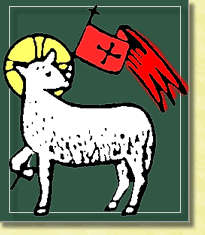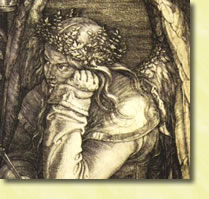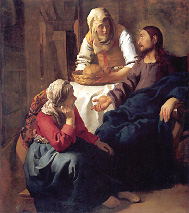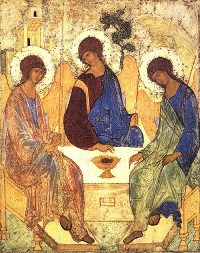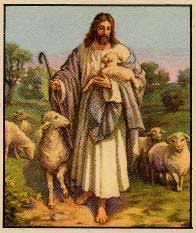Isa. 6:1-8
Psalm 119:33-40
Phil. 4:4-9
John 10:1-16
![]() David,
David,
I want to thank you for asking me to preach at your ordination. I am a layperson, which means that I am a sheep, not a shepherd. It is a great honor for a sheep to address someone who is on the verge of becoming a shepherd. Perhaps when you’ve been a sheep as long as I have, and you’ve had the dubious privilege of observing more shepherds than I can count, you may be able to give some advice to a shepherd who is about to be turned loose on the flock. Of course, not all metaphors hold up completely. I’ve also been a lay person long enough to know how lay people too often treat their priests. A lot of these sheep have teeth. So be forewarned, you’re also a shepherd who is being turned loose in the midst of wolves, some of whom are dressed up just like sheep.
There is another image besides Shepherd that the church applies to those in ordained ministry. You will be ordained this morning to be a priest. What is a priest? If we look to the epistle to the Hebrews, we read: “[W]e have such a high priest, one who is seated at the right hand of the throne of Majesty in heaven, a minister in the holy places, in the true tent that the Lord set up, not man.” (Heb. 8:1) What is a shepherd? In our gospel reading this morning, we read “I am the Good Shepherd. The Good Shepherd lays down his life for the sheep.” (John 10:11) So my first observation is that there is only one. Jesus is the One High Priest, and Jesus is the the One Shepherd.
The Reformation and Catholic traditions divide at this point. The Reformation tradition says that, because Jesus Christ is the one High Priest, the ordained are not priests. The Catholic tradition says that because there is the one High Priest, the ordained are those who share in Christ’s priesthood. I am going to engage in some typical Anglican fudge here by quoting the Anglican Divine George Herbert. In The Country Parson, Herbert writes: “A Pastor is the Deputy of Christ for the reducing of Man to the Obedience of God.” Herbert goes on to say that, after Christ’s resurrection and ascension, “Christ being not to continue on earth, but after he had fulfilled the work of Reconciliation, to be received up into heaven, he constituted Deputies in his place, and these are Priests.” Herbert says that the priest does that which Christ did, by Christ’s authority, as his “vice-regent.” Most important, however, the priest also does it “after [Christ’s] manner.”
(more…)







